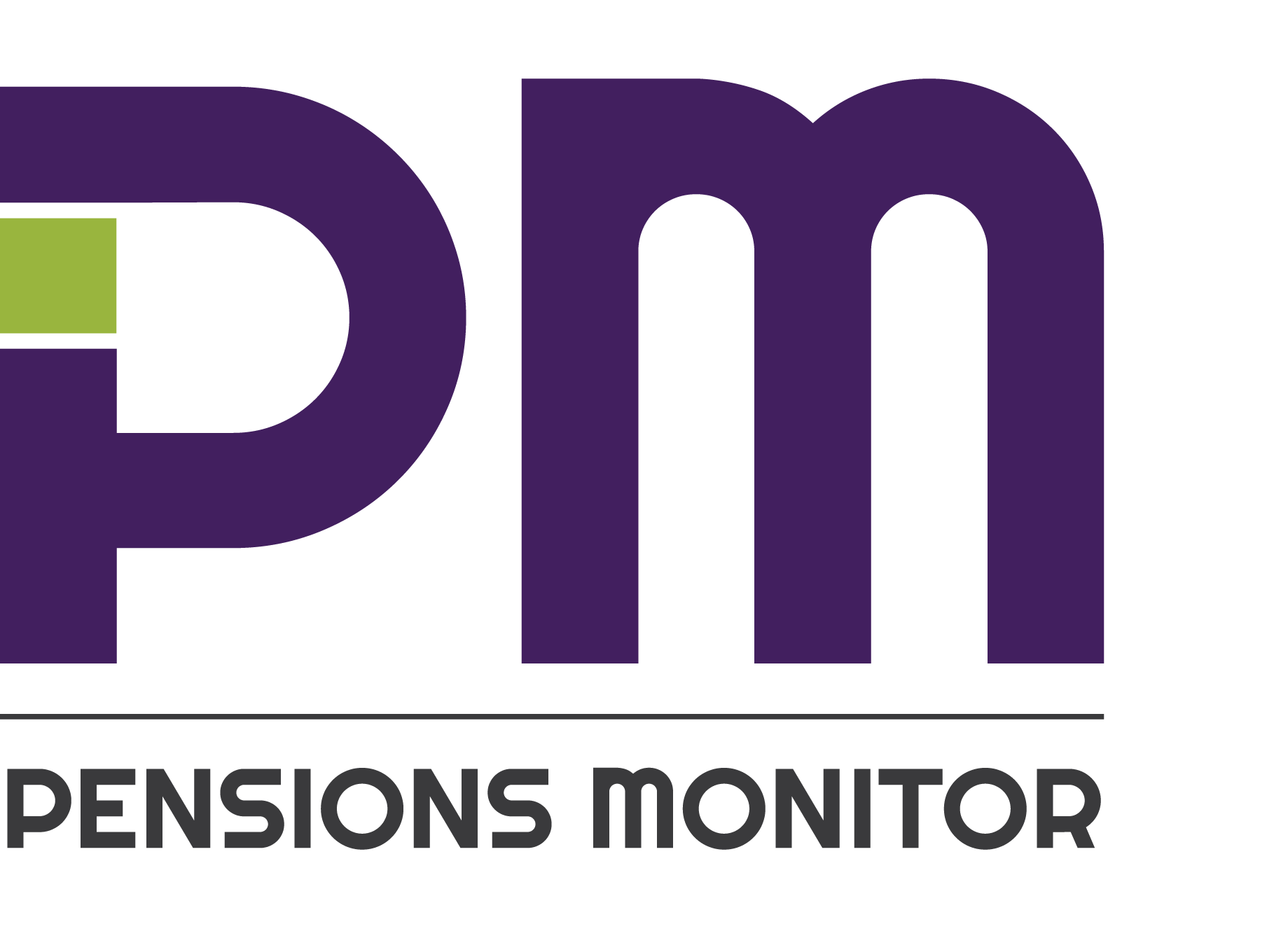
Ever since the new End-of-Service Savings (‘EoSS’) scheme was announced by the UAE’s Cabinet of Ministers late last year, rumours have been doing the rounds on who will enter the market first and launch a compliant EoSS product.
Fund managers
For Fund Managers, EoSS is literally a dream come true with the opportunity to significantly ramp up Assets under Management (AuM) on the back of legislation. However, can fund managers independently deliver a suitable savings product? In theory, of course they can. In practice, it will be a challenge. Why so?
Firstly, brand recognition and distribution power. Banks have that in spades, insurers as well, but fund managers simply lack the muscle power to bring such products successfully to market.
Secondly, administration and customer service. Fund managers are rarely equipped or experienced in dealing with queries, complaints and disputes from countless employers and beneficiaries. These tasks are much closer to what insurance companies usually do in administering for instance, unit-linked insurance plans.
Further, going by Cabinet Resolution No. 96, there are several criteria to be fulfilled by fund managers. Among these:
Funds must be approved by Securities and Commodities Authority (‘SCA’) and domiciled in the UAE.
Funds must be held by a SCA-approved custodian bank. At present, there are six such institutions that include Emirates NBD, First Abu Dhabi Bank (FAB), Deutsche Bank, Standard Chartered, HSBC and Citibank.
Hence, the regulation encourages fund managers to establish local funds if they want to participate in this multi-billion market opportunity. So far, Daman Investment has announced its entry into the market, and it was recently announced that Azimut will offer funds (in collaboration with insurance company Hayah). Furthermore, National Bonds and Lunate are rumoured to be joining the fray too.
Notable in their absence are the large international players – Fidelity, Vanguard, Blackrock, Franklin Templeton and the like. These companies have only a thin presence in the UAE and generally do not manage funds out of their UAE offices but could be working their way to establish a more meaningful presence in the UAE.
Banks
Banks that have fund management capability and a strong commercial client portfolio are very well-positioned for the new market. Notably, Emirates NBD and FAB. The same may be said about Abu Dhabi Commercial Bank (ADCB). However, SCA rules prohibit in-house custodian services, meaning that banks with fund management capability will need a partner for custodian services.
Additionally, for the administrative part, banks could also be looking at ‘outsourcing’ to an insurer.
Insurance companies
In many countries, workplace pensions are generally offered by insurance giants (for instance, Aviva in the UK). However, Cabinet Resolution No. 96 suggests that only insurance companies with fund management capability in the UAE may enter the market, of course by partnering with a SCA-approved custodian bank.
While insurers like Zurich may have such funds, these are generally not locally domiciled or locally managed or locally invested. For now only Hayah has announced its entry into the market through a new partnership with fund manager Azimut that was otherwise AXA for its existing savings product(s). Sukoon as well has a workplace savings product based on a Generali fund and is likely to follow suit.
Another route to market entry for insurers could be to position themselves as administrators, teaming up with a fund manager(s). Zurich for instance, has an established Zurich Workplace Solutions (ZWS) in the DIFC and will likely be looking to bag business in the new EoSS mainland market as well.





